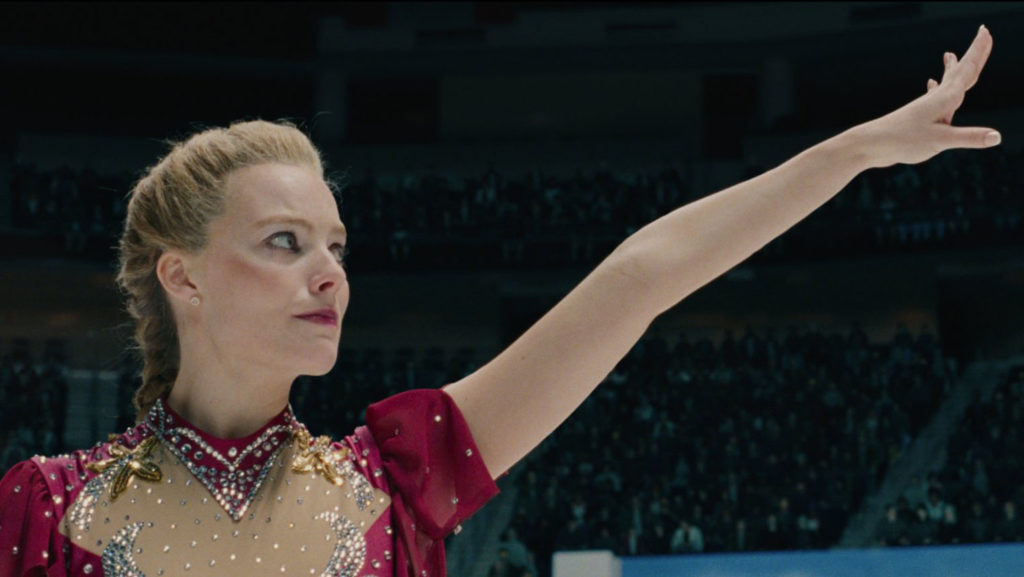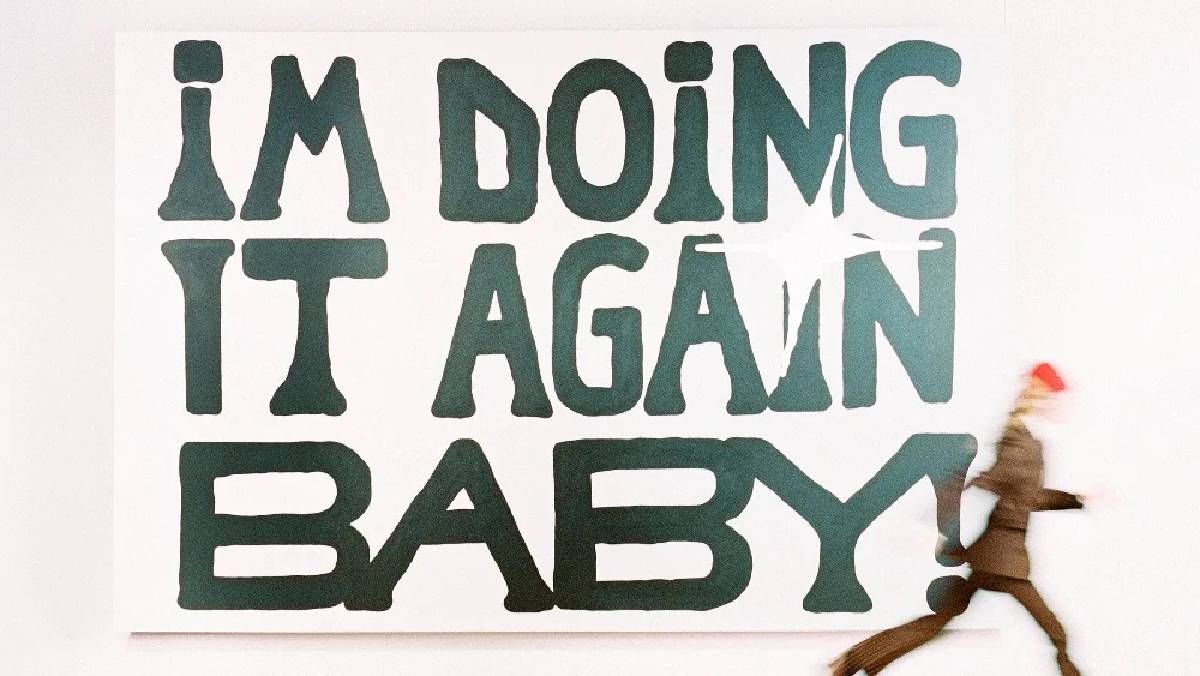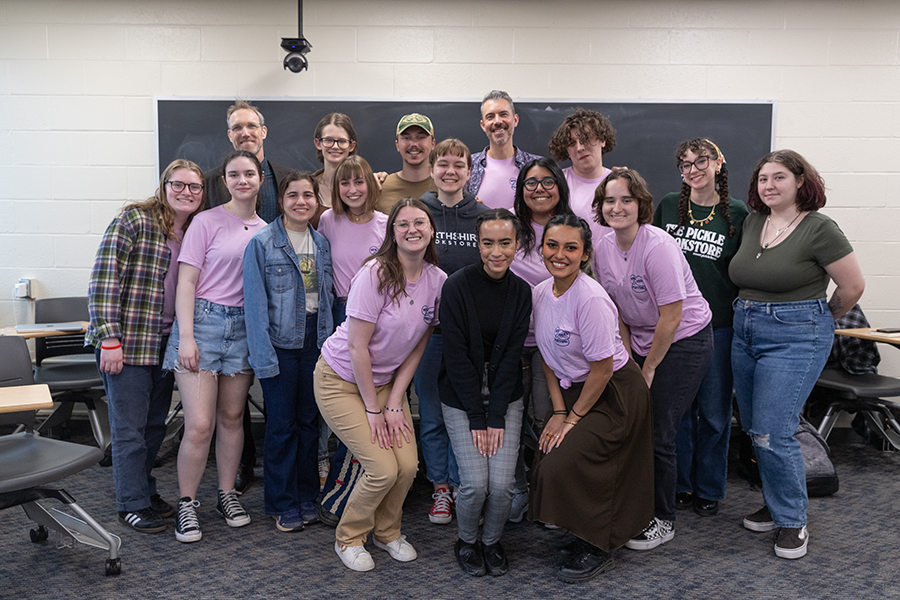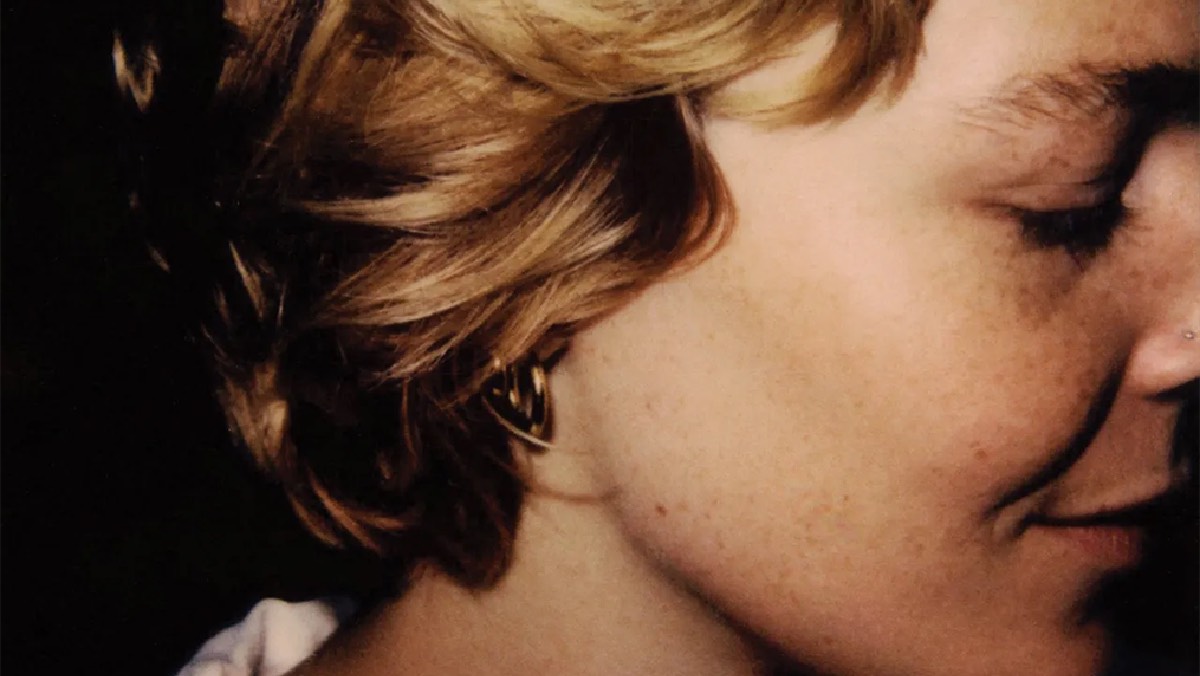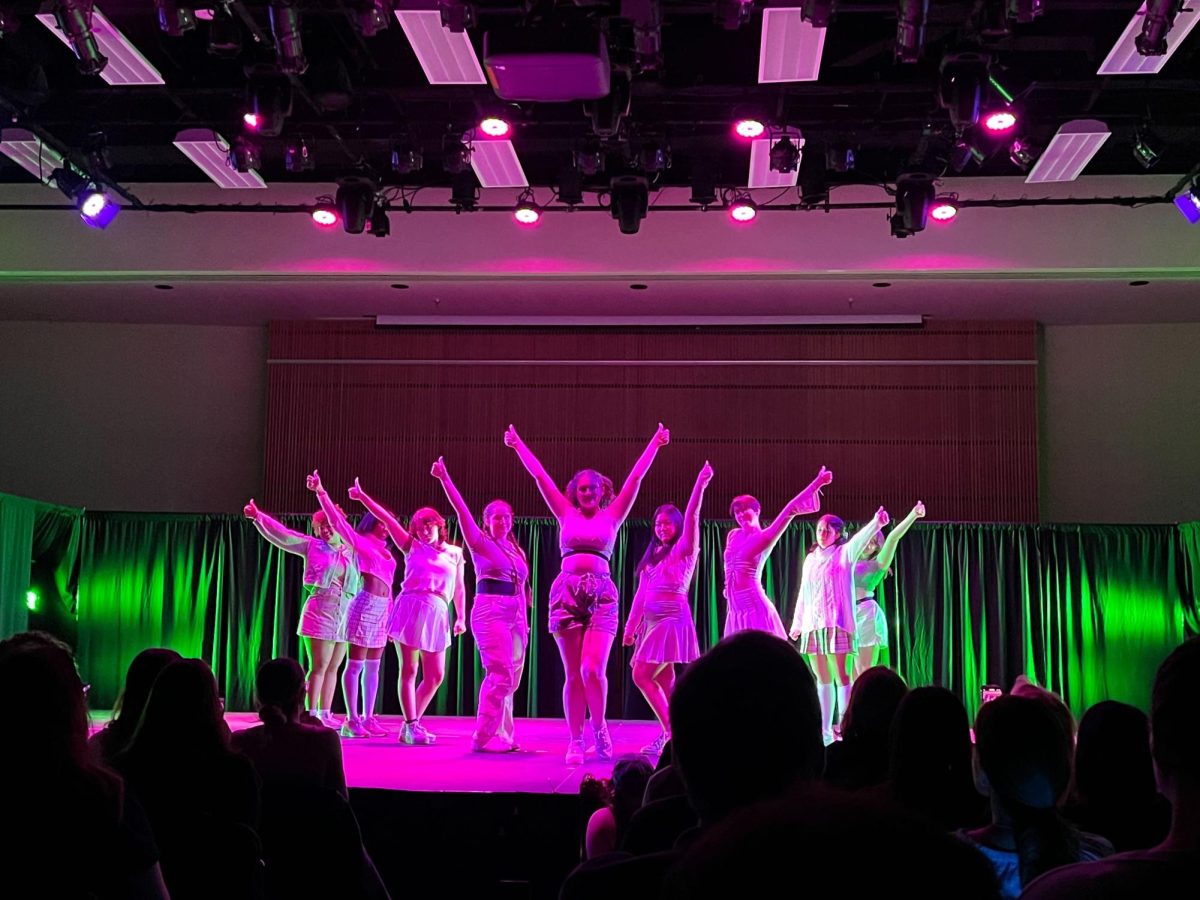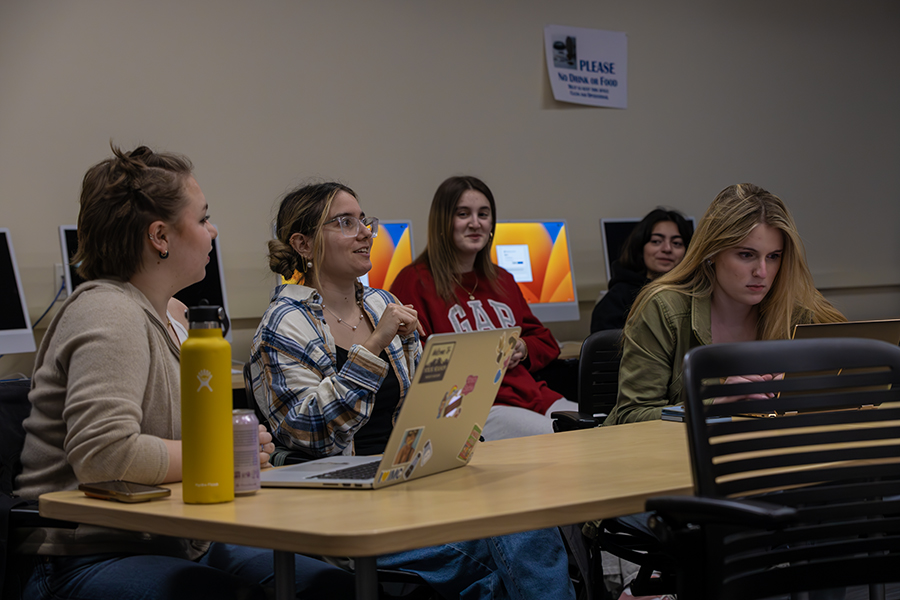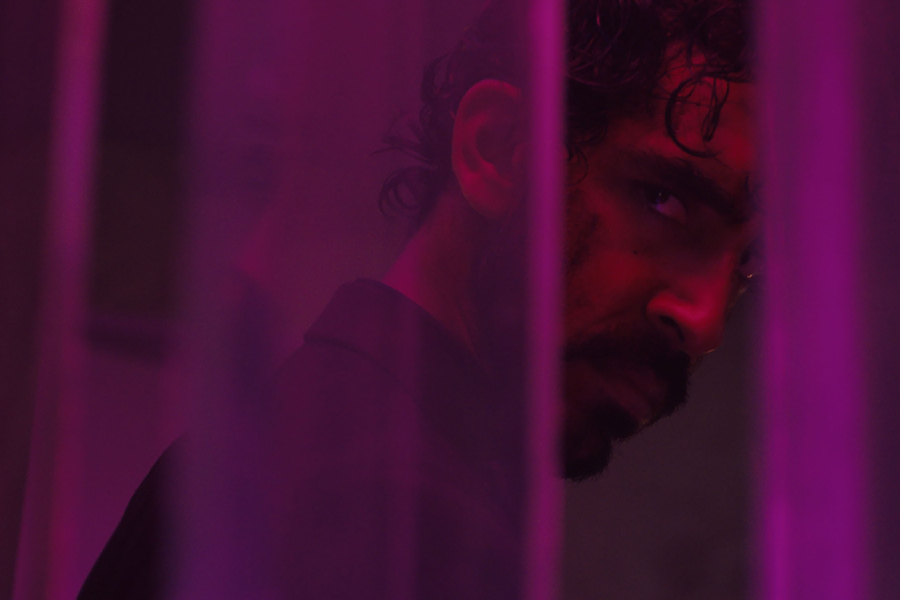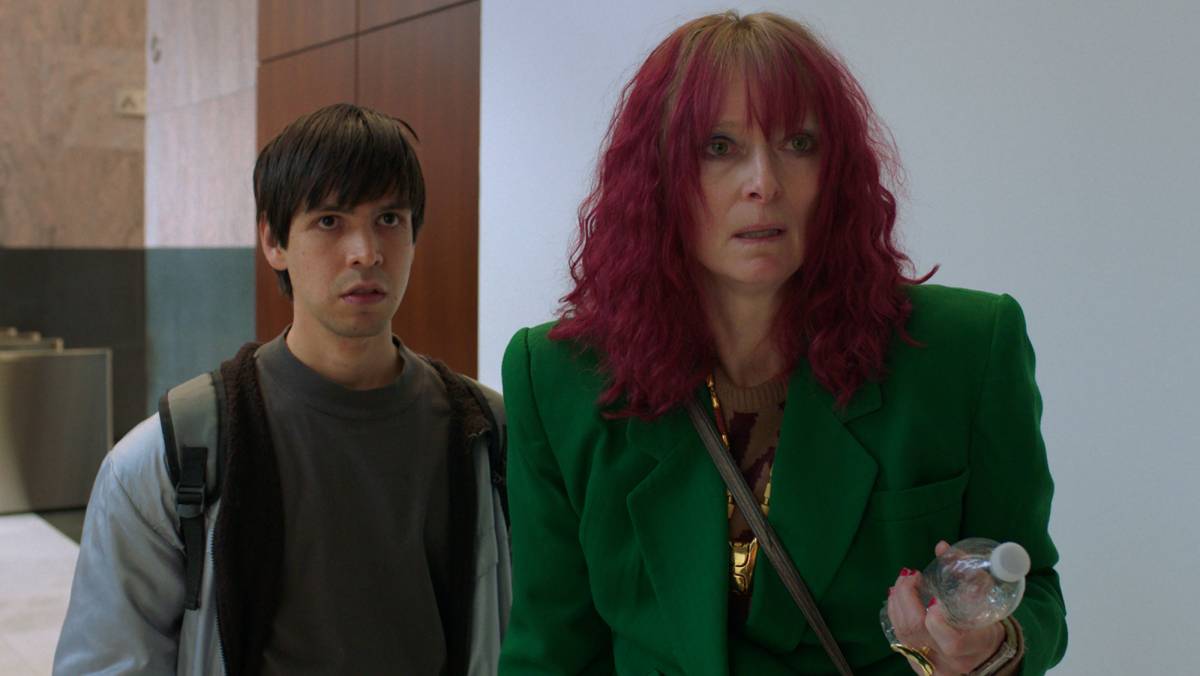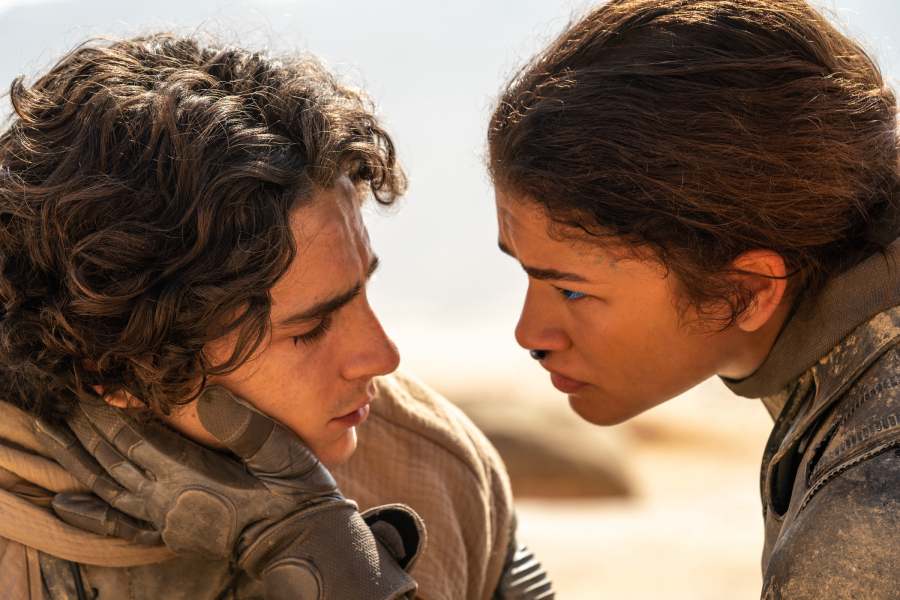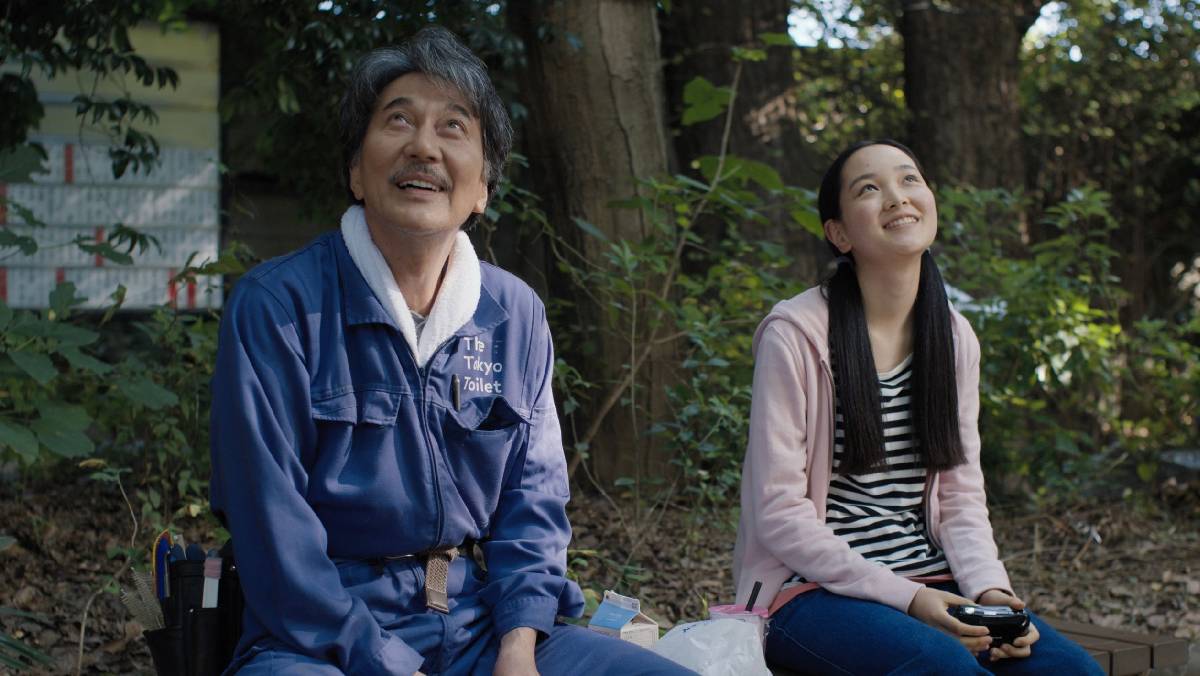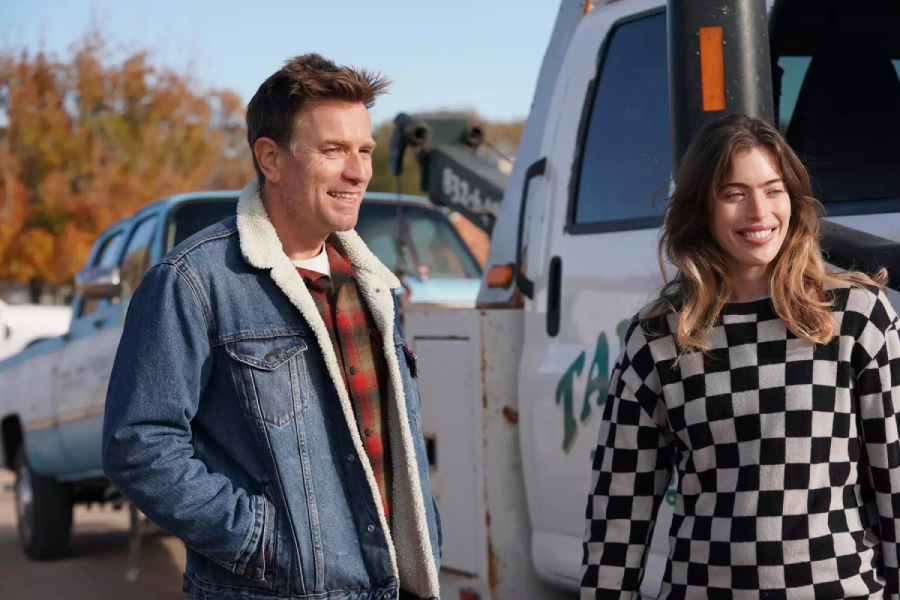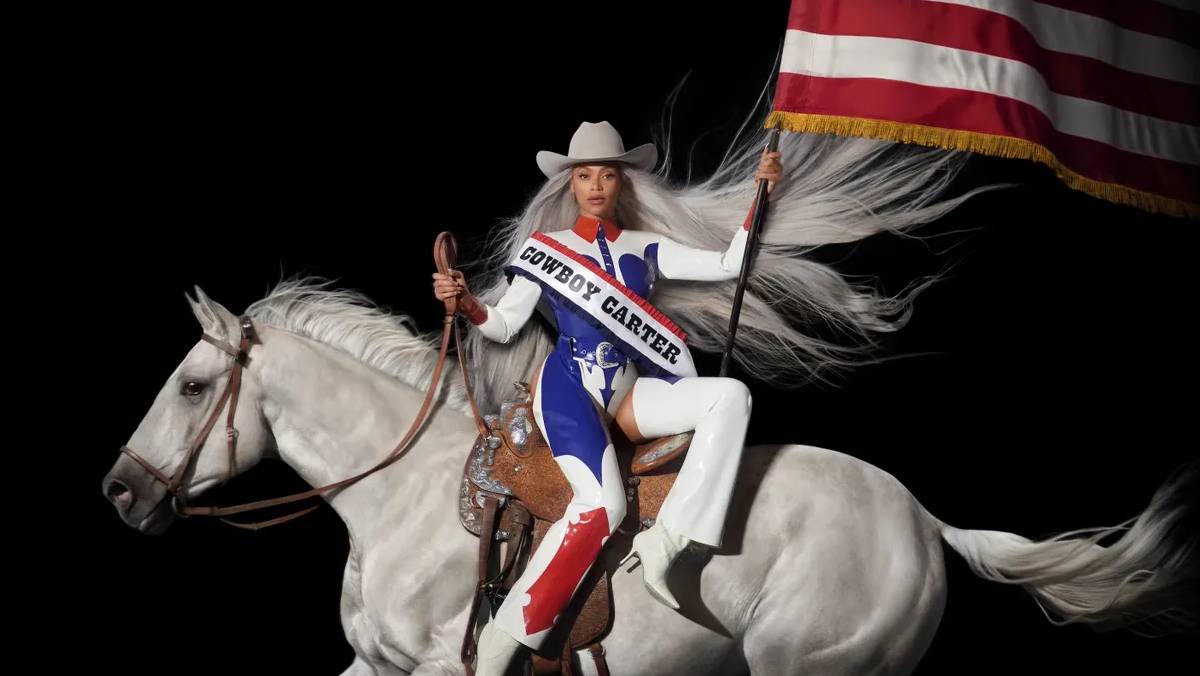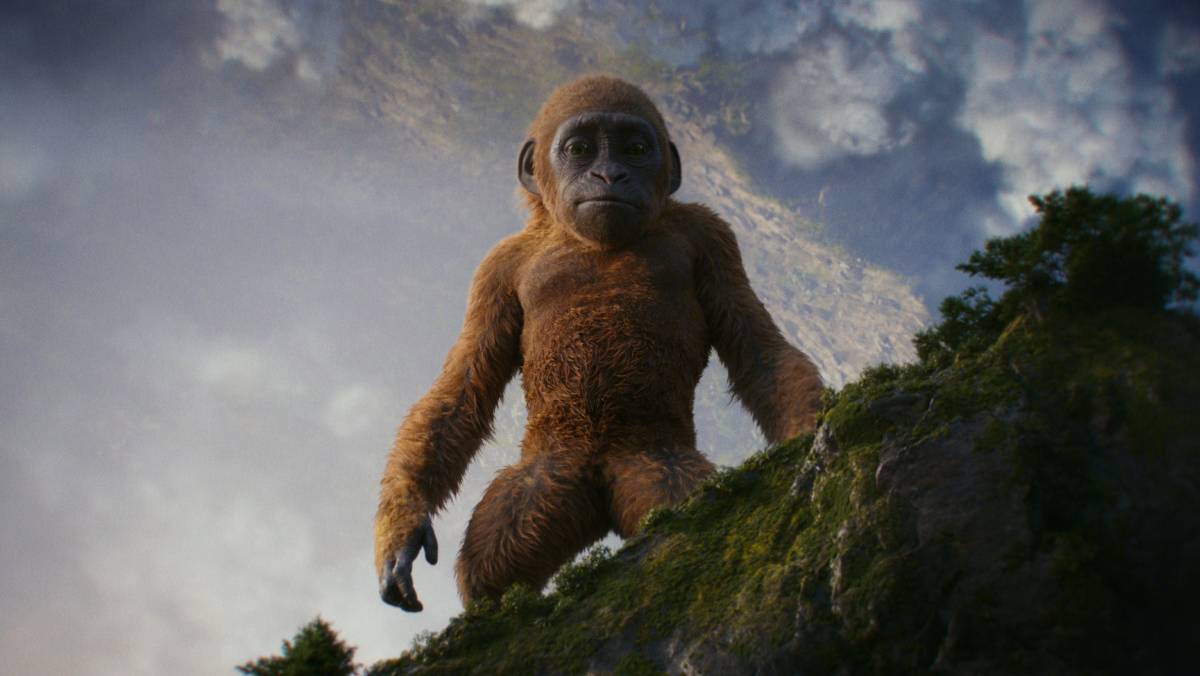“I, Tonya” is an anti-sports movie.
Yes, technically, director Craig Gillespie made a movie about a sport. Yes, it features a training montage and Olympic aspirations. But rather than trying to spin Tonya Harding’s (Margot Robbie) life into something positive or motivational, Gillespie crafts a nuanced tale of idiocy, failure and anger. A lot of anger.
The film details Harding’s disastrous childhood and inexplicably more disastrous adulthood; it treats Harding with a pathos that was notably absent from the media coverage surrounding her fall from grace. In 1994, when Nancy Kerrigan was attacked before the Winter Olympics, Harding faced the brunt of the media’s outrage. Harding’s ex-husband, Jeff Gillooly, was charged with planning the attack. The public perception was that she was responsible. Harding had everything to lose, and she lost spectacularly. “I, Tonya” doesn’t try to redeem Harding. It doesn’t make her into a hero, but it doesn’t demonize her either. Gillespie collected the contradictory stories surrounding the incident and mashed them together into something resembling the truth.
Allison Janney has received well-deserved acclaim for her biting portrayal of Harding’s mother, LaVona Golden. Golden is a venomous, cantankerous and hilarious character, and Janney’s blunt delivery makes Golden one of the most memorable characters in the film. Nearly every line is an insult, dealt with precision and humor.
And yet, Janney is not the most captivating cast member. That accolade goes to Robbie, who demonstrates her superior acting ability for the first time. Previously, Robbie has landed flashy roles devoid of substance, her portrayal of Harley Quinn in “Suicide Squad” being the best example of a script failing the talented actress. Harding rapidly flits between emotions, expresses herself in explosive outbursts and abuses herself to achieve her goals. There are numerous scenes without dialogue in which Robbie’s facial expressions are the only vector by which the viewer understands Harding’s anxieties and triumphs.
But for every deliberate joke and well-choreographed skating scene, there are poorly implemented musical moments and questionable character diversions. On more than one occasion, viewers are left wondering, “What’s the point?”
Martin Maddox (Bobby Cannavale), a reporter for a news outlet that covered the Kerrigan incident, appears in interview segments throughout the film. His character pops up to provide context or crack a joke, but he doesn’t do much else. Viewers never see him interact with Harding or Gillooly, and his presence in the story, though entertaining, is unnecessary.
In keeping with the recent trend of cramming classic rock into every major Hollywood release, Gillespie fills “I, Tonya” with nearly two dozen licensed tracks. The soundtrack is like an ’80s “best of” playlist that features Supertramp, Dire Straits, Fleetwood Mac and a dozen others. Several scenes are set against a song and choreographed to fit into the rhythm of the music. In those moments when a song is chosen intentionally and the scene is crafted carefully, the music has the intended effect. A scene following the Hardings’ divorce, set to “Goodbye Stranger,” takes the viewer through the Harding house and is a wonderful example of symbolism and choreography.
Unfortunately, more often than not, the songs are poorly implemented, and distract from the drama or dominate a scene entirely. In one scene, Harding sits in her kitchen reprimanding the viewer, giving an impassioned speech about the unjustness of American justice. The scene is affecting and a little scary — or it would be, were it not drowned out by one of the dozen pop hits that undercut dramatic moments in the film. Moments later, another song starts up, barely giving the previous one a chance to leave an impression. Gillespie doesn’t use silence to its full effect; Harding’s kitchen speech would have been more powerful, memorable and devastating had Robbie not been overtaken by the soundtrack. The performances, writing and directing are all executed with care and wit, but the movie is too often muddled by invasive music.
“I, Tonya” skates by on its performances and vitality, but as is often the case with top-tier films, is held back by several seemingly inconsequential flaws. That said, it’s a film about character, and Gillespie harnesses the talent of his cast to produce a stylish and sincere skating drama.

